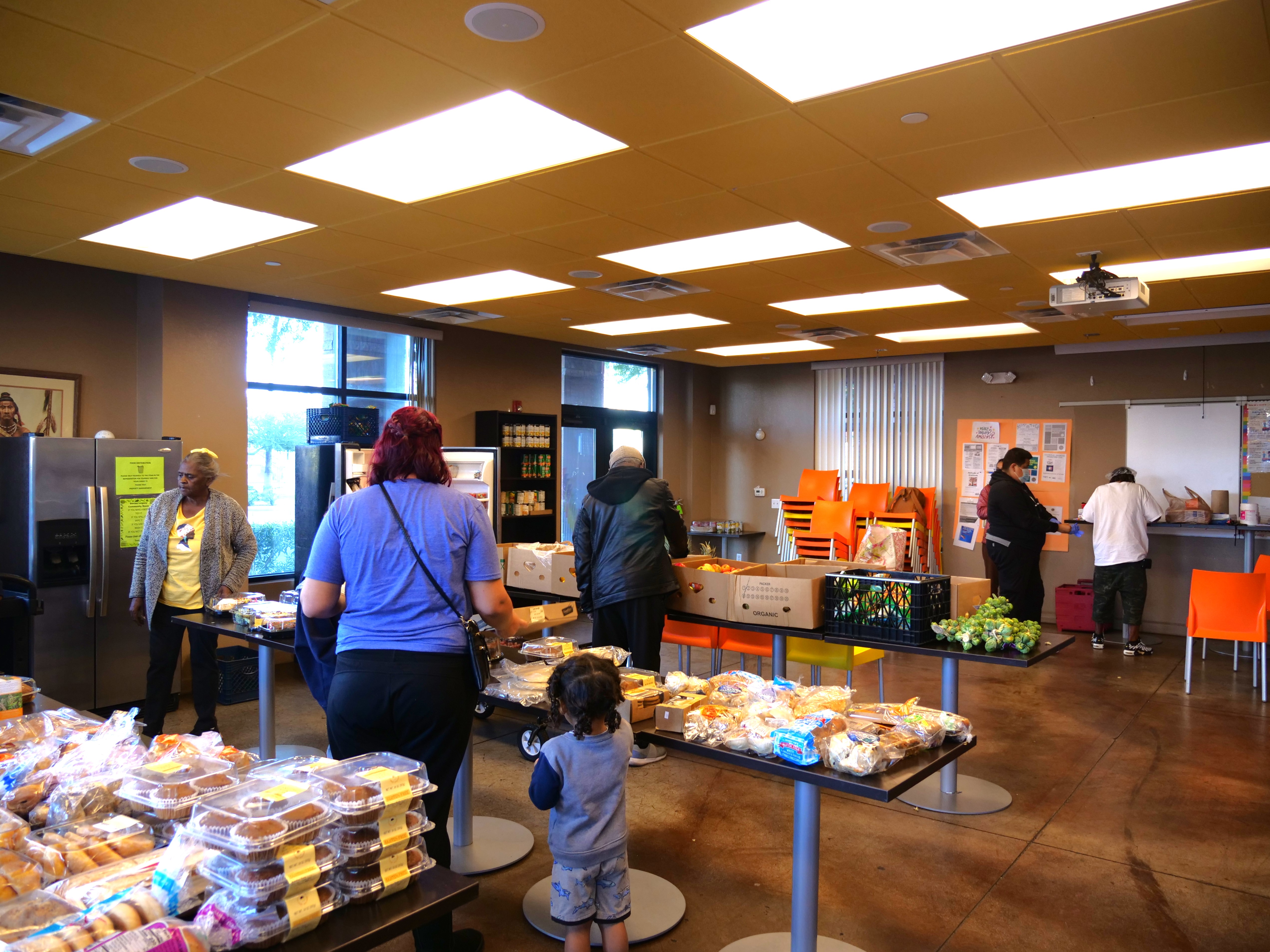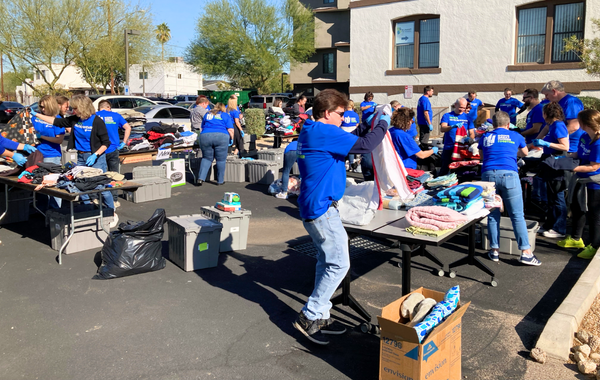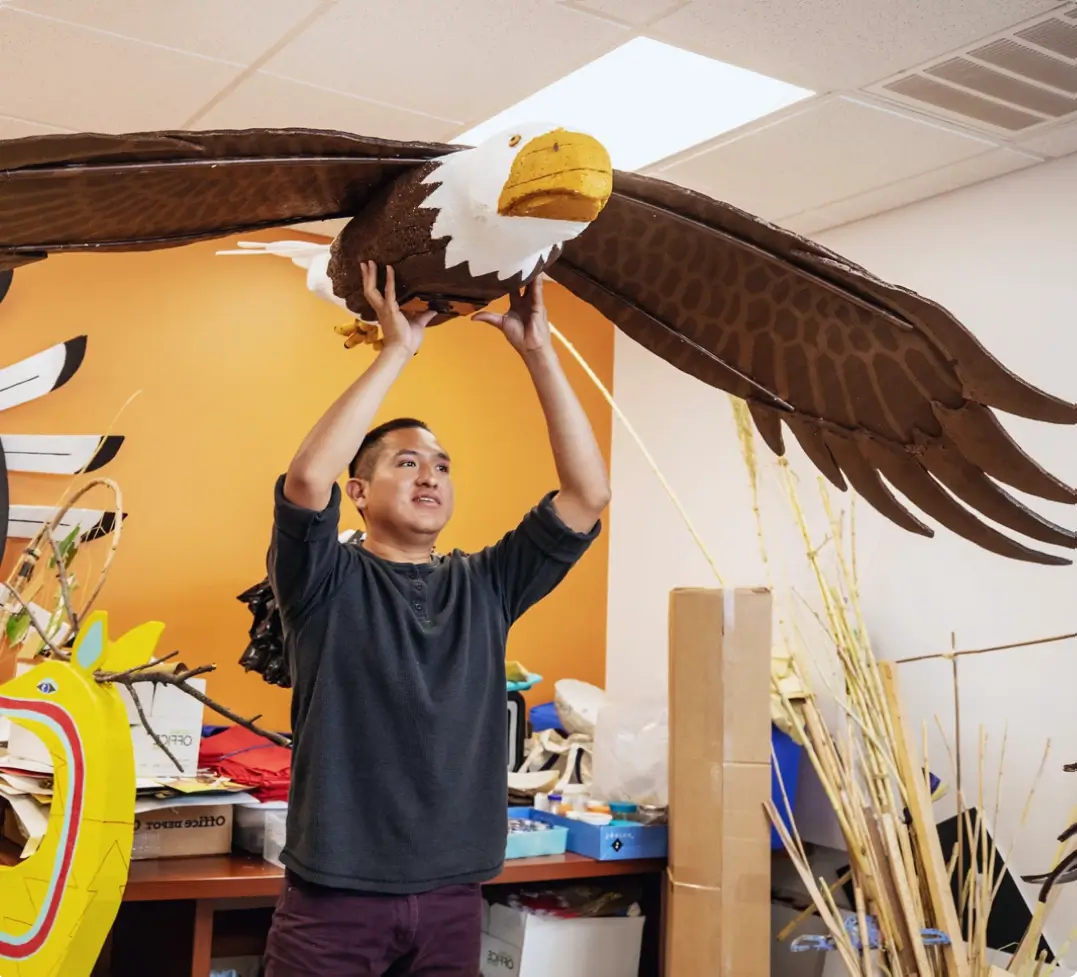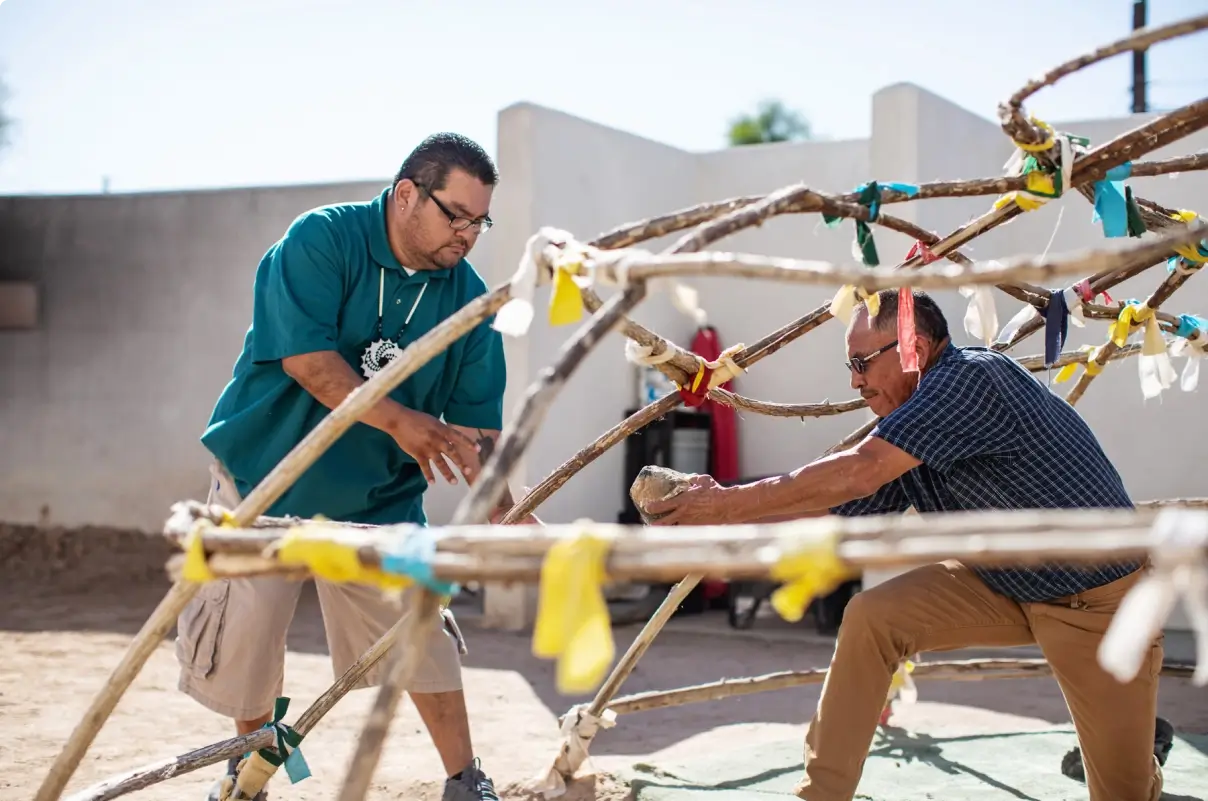Sign Up to Volunteer
Fill out and submit the form using the link below and our team will be in touch.
Get Started
featured_seasonal_and_giftsYour Monthly Gift, Their Endless Possibilities. Join our Monthly Giving Circle and make your impact today!

NAC would not be the same without our community's support. Check out the ways you can get involved and complete a volunteer sign-up form to get started. Our Volunteers Are:
You can make a difference.
Sign-up to Volunteer.

Coordinate a donation drive to benefit individuals in your community! To organize a Community Donation Drive, see our how-to guide and a list of our high needs items below, then sign up with our link to coordinate your drive with our team! Once we have your info, we'll be in touch to assist with donation details and to answer any questions you may have.
Connect with our team at volunteers@nativeconnections.org for more information.
.png)
Host your drive! We are incredible grateful for your support! When you've completed your collection, notify NAC Staff by email: volunteers@nativeconnections.org or a text/call (602) 818-3662 to coordinate your donation drop-off.
After coordinating a drop-off with our team, deliver your donation drive items to: Stepping Stone, Native American Connections - 1311 N 14th St, Phoenix, AZ 85006. If you will be dropping of at a different NAC site, you must coordinate with donation staff ahead of time.
You've done it! Congratulations and thank you for making this donation drive a success!
We are currently seeking donations within the following categories, and we encourage you to host a drive for a specific category of like items. Please note all donated items must be NEW in order for our team to collect them.
You will be contacted by our Volunteer & Donations Manager after you fill out our donation drive form to coordinate details including when we can accept your donation. All donation drive items should be dropped off at: Stepping Stone, Native American Connections - 1311 N 14th St, Phoenix, AZ 85006.
If you have questions or need further information please contact: volunteers@nativeconnections.org or text/call (602) 818-3662.
Our traditions are the foundation of our organization - explore, learn, and utilize resources available for all.

Get the support you need with health, housing, and community services available at Native American Connections.

Your support changes lives and builds healthy communities. Find ways to get involved.

You can make a difference.
Sign-up to Volunteer.
A "chronically homeless" individual is defined to mean a homeless individual with a disability who lives either in a place not meant for human habitation, a safe haven, or in an emergency shelter or in an institutional care facility if the individual has been living in the facility for fewer than ninety (90) days and had been living in a place not meant for human habitation, a safe haven or in an emergency shelter immediately before entering the institutional care facility. In order to meet the ‘‘chronically homeless’’ definition, the individual also must have been living as described above continuously for at least twelve (12) months or on at least four (4) separate occasions in the last three (3) years, where the combined occasions total a length of time of at least twelve (12) months. Each period separating the occasions must include at least seven (7) nights of living in a situation other than a place not meant for human habitation, in an emergency shelter or in a safe haven.
Federal nondiscrimination laws define a person with a disability to include any (1) individual with a physical or mental impairment that substantially limits one or more major life activities; (2) individual with a record of such impairment; or (3) individual who is regarded as having such an impairment. In general, a physical or mental impairment includes, but is not limited to, examples of conditions such as orthopedic, visual, speech and hearing impairments, cerebral palsy, autism, epilepsy, muscular dystrophy, multiple sclerosis, cancer, heart disease, diabetes, Human Immunodeficiency Virus (HIV), developmental disabilities, mental illness, drug addiction, and alcoholism.